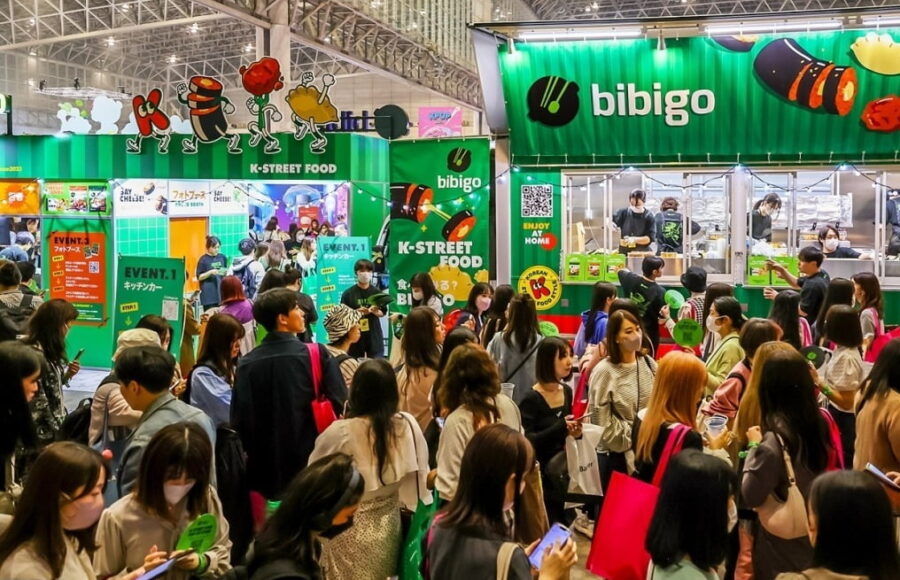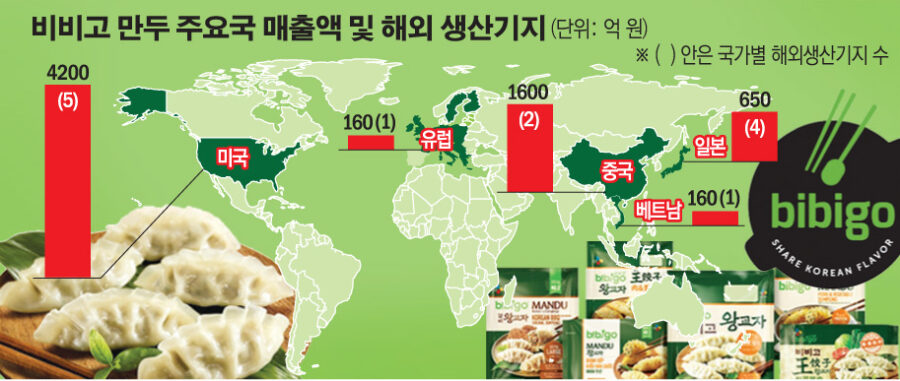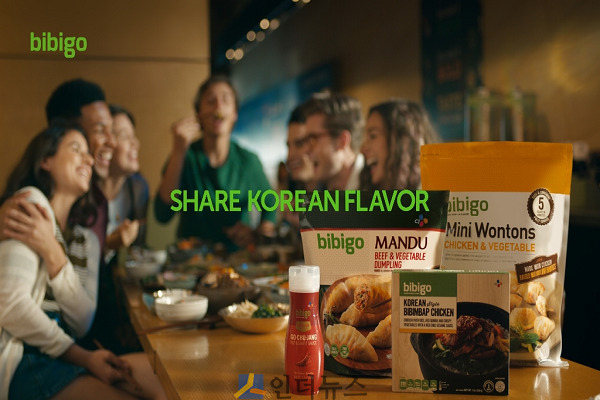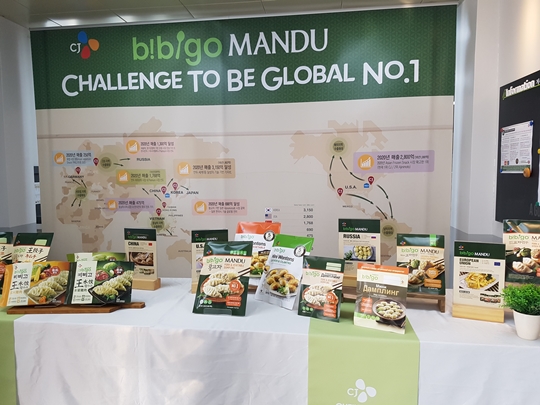
The Taste of Korea Reaching the World: The Success Story of Bibigo Dumplings’ Global Expansion
Today, I will talk about one of Korea’s representative foods, dumplings. Recently, Korean food has been gaining popularity worldwide. Among them, Bibigo dumplings have been receiving a lot of love overseas. This time, I want to share the success story of Bibigo dumplings’ global expansion!

Bibigo Dumplings, Beyond the Taste of Korea to the World
Korea is known for its diverse food culture, and among them, Korean dumplings are one of the foods loved by many. However, Bibigo dumplings have not just surpassed the taste of Korea but have expanded globally. In this article, we will look into the success story of Bibigo dumplings’ global expansion.

Early Market Entry Background and Strategy
Since the 1970s, Bibigo has been leading the frozen food sector in Korea. However, the company decided to venture into international markets due to the saturation of the domestic market and to strengthen competitiveness. For this, Bibigo established various strategies.
- Firstly, Bibigo conducted market research to analyze target countries. It was deemed important to develop products that could succeed in those countries by understanding the tastes and requirements of consumers.
- Secondly, Bibigo employed localization strategies to tailor products and marketing strategies to the cultural characteristics of each country. For example, in the US market, Bibigo introduced Yaki dumplings, and in China, Gyoza and Kimchi dumplings were launched as the main products.
- Thirdly, Bibigo built partnerships with local distribution networks to secure product distribution. This allowed Bibigo easy access to consumers in each country.

The Story of Product Development That Captivated Overseas Consumers
Bibigo developed various products to captivate the tastes of overseas consumers. For instance, Bibigo King Gyoza, known for its large size and chewy texture, became popular in the Chinese market. Bibigo Whole Shrimp Dumplings, famous for the fresh taste of shrimp and rich filling, received a lot of love from overseas customers.
Bibigo also accepted consumer feedback in product development and continuously innovated its products. For example, Bibigo Water Dumplings initially required sprinkling water by hand before heating, but based on consumer feedback, they are now released as frozen products.

Global Market Brand Positioning
Brand positioning in the global market was a crucial factor for Bibigo. Bibigo emphasized traditional Korean taste and quality, striving to be recognized as a premium frozen dumpling brand. To achieve this, Bibigo guaranteed the reliability and safety of its products with high-quality ingredients and strict production management.
- Moreover, Bibigo employed differentiated marketing strategies to gain a competitive edge in the global market. For example, Bibigo conducted campaigns introducing Korean traditional food and culture through advertising and promotions. Through this, Bibigo informed consumers about Korean taste and culture and increased brand awareness.ditional Chinese festivals. This helped Bibigo to instill familiarity among Chinese consumers.
- Secondly, Bibigo actively used SNS and online communities to communicate with consumers. It accepted consumers’ opinions and feedback, and strengthened the relationship with consumers by addressing their curiosities about the products.
- Thirdly, Bibigo increased its brand awareness through collaborations with local celebrities. Advertising campaigns with celebrities evoked trust and interest in the brand among consumers.

Analysis of Successful Overseas Expansion
Bibigo has many successful cases of overseas expansion. For example, in the US market, Bibigo’s yakimandu (fried dumplings) received a lot of love, and in the Chinese market, its gyoza and kimchi dumplings were popular.
The key to successful overseas expansion is to understand the tastes and requirements of target country’s consumers and to devise products and marketing strategies accordingly. Additionally, building partnerships with local distribution networks and localization strategies to overcome cultural differences play an important role.
Customer Feedback and Continuous Product Innovation
Bibigo highly values customer feedback and has continuously innovated its products. For example, Bibigo’s water dumplings were improved to frozen products reflecting consumers’ opinions. Bibigo continues to research and develop to meet customers’ demands.

Expansion of Global Network and Partnership Building
To enhance its competitiveness in the global market, Bibigo focused on expanding its network and building partnerships. Bibigo established local factories and signed contracts with cooperative companies to conduct production and sales in various countries. Through this, Bibigo built a fast and stable supply chain in the global market.

Overcoming Cultural Differences and Localization Strategy
For success in foreign markets, Bibigo employed localization strategies to overcome cultural differences. For instance, Bibigo changed the names and packaging designs of its products to something more familiar to local consumers to increase accessibility. Additionally, Bibigo developed tastes and ingredients that matched each country’s characteristics to captivate local consumers’ tastes.

Bibigo Dumplings, Beyond the Taste of Korea to the Taste of the World
Bibigo dumplings have become a success story of going beyond the taste of Korea to the taste of the world. Recognizing the importance of localization strategies and the significance of cultural approach and communication, Bibigo has accepted customer feedback and achieved continuous product innovation. Moreover, by expanding its global network and building partnerships, Bibigo has secured competitiveness in the global market. Bibigo has grown into a brand loved not just as the taste of Korea but as the taste of the world.




